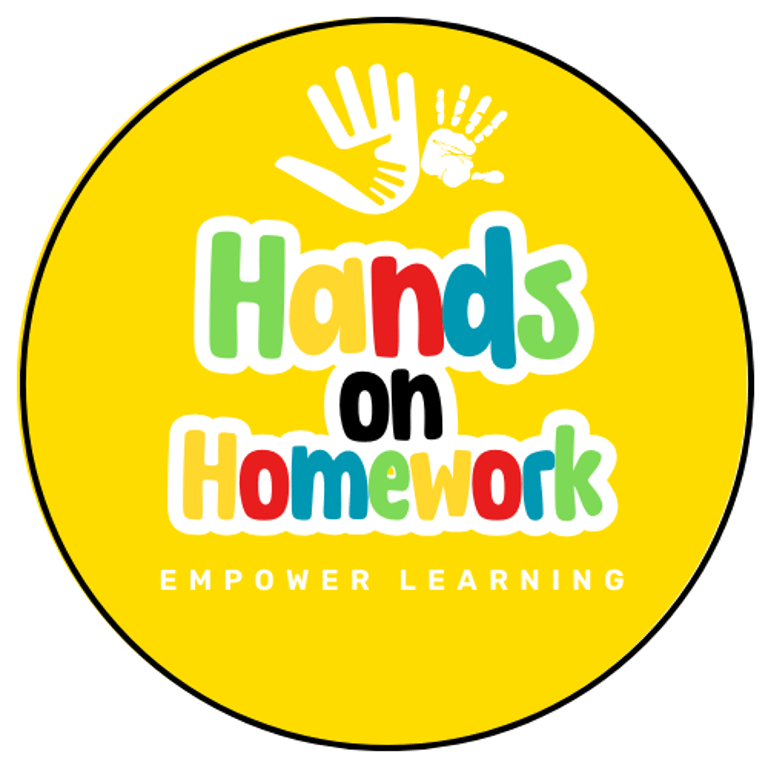Self-Regulation for Kids
Keep Calm and Stay Focused
SET YOUR CHILD UP FOR SUCCESS
1/20/20254 min read


Keep Calm and Stay Focused
How Sensory Toys Can Improve Focus
As parents, teachers, and caregivers, we all know how challenging it can be to help children manage their emotions, stay focused, and regulate their behavior in a world full of distractions. Whether it’s at home or in school kids often find themselves overwhelmed by stimuli or struggling to pay attention for long periods.
To help children navigate these challenges we teach them the essential skill of self-regulation.
What is Self-Regulation?
Self-regulation refers to a child's ability to manage their emotions, behaviors, and reactions in various situations. It’s a crucial skill for both everyday life and academic success. When kids develop strong self-regulation skills, they can make better decisions, cope with stress or frustration, and focus on tasks for longer periods.
However, self-regulation doesn’t come naturally to every child. It's a developmental process that requires time, practice, and the right strategies to master.
The basic components of self-regulation are:
Emotional Regulation: Managing feelings like frustration, anger, or anxiety.
Behavioral Control: Being able to follow directions, stay on task, or control impulses.
Cognitive Focus: Maintaining attention and concentration during tasks or activities.
How Sensory Toys Support Focus and Self-Regulation
Sensory toys are designed to engage a child’s senses—sight, touch, sound, and even smell or taste—and provide them with calming or stimulating input that can help them focus, reduce anxiety, or release pent-up energy. These toys come in a wide variety of shapes and forms, from squishy stress balls to fidget spinners and tactile textured mats.
1. Providing a Calming Effect
For children who experience anxiety or overwhelm, sensory toys can provide a calming, grounding effect. Toys like fidget spinners, stress balls, or putty allow children to focus on the gentle tactile sensation, helping to distract from overwhelming emotions or sensory overload. This focus on the senses can give children a moment to reset, regain composure, and center their attention on a task.
For example, a child who feels anxious before taking a test may benefit from squeezing a stress ball. The repetitive motion helps calm their nervous system, enabling them to approach the situation with a clearer mind.
2. Regulating Energy Levels
Children, particularly those with high energy levels or sensory processing needs, may struggle to focus if they don’t have an outlet for that energy. Sensory toys like wiggly fidget toys, bouncy balls, or texture-rich items can provide them with an opportunity to release that energy in a controlled way. When children are given a way to move or fidget without disturbing others, it helps them stay engaged in the task at hand.
Using a chewy necklace or tactile toys can offer a child the proprioceptive input they need to stay calm and focused, without making them feel restless.
3. Improving Concentration
Sensory toys not only help with calming and regulating energy but also help children maintain focus. By offering a sensory break, kids can return to a task with improved concentration. For instance, small tactile items like fidget cubes, sensory rings, or textured mats keep children’s hands busy, which can help them stay focused during lessons, reading, or homework.
Studies show that children with ADHD or sensory processing difficulties often benefit from sensory tools, which give them a sensory “outlet” to channel their excess energy or attention. This can be especially useful for children who find it difficult to sit still for extended periods of time.
4. Enhancing Fine Motor Skills and Hand-Eye Coordination
Many sensory toys require small, controlled movements, which can help children develop and enhance their fine motor skills and hand-eye coordination. Activities like squeezing a stress ball or manipulating textured objects encourage the child to use their hands and fingers in a precise manner, which builds strength and dexterity.
These skills are not only essential for physical development but also help children focus on tasks that require coordination, such as writing, drawing, or handling small objects.
Sensory Toys to Consider for Self-Regulation
There is a wide range of sensory toys to choose from, depending on your child’s specific needs and preferences. If you feel your child can benefit from using these toys in school, reach out to the teacher to discuss possible options for the classroom.
Here are some popular products:
Fidget Spinners and Fidget Cubes: Great for kids who need something to keep their hands occupied without making noise.
Stress Balls and Squishy Toys: These toys can help children release tension and focus their energy using pressure output.
Chewable Jewelry: For children who need oral sensory input, chewable necklaces or bracelets can provide an outlet for this sensation.
Sensory Mats or Textured Sensory Bags and Beanbags: These can help children calm down by feeling different textures under their hands or feet. It also allows them to use their body weight to regulate.
Tangle Toys: These twistable, colorful toys help with concentration and keep hands engaged.
Weighted Blankets: For children who need deep pressure input, a weighted blanket can provide a soothing sense of calm and help with focus.
Creating a Sensory-Friendly Environment
In addition to using sensory toys, it’s important to create a sensory-friendly environment where children can practice self-regulation skills.
Designate a quiet space with calming visuals and sensory objects of your child's choice so they can take a break when needed.
Limit distractions like keeping a tidy, organized space free from excessive noise or bright lights can help kids maintain focus.
Establish routines like incorporating breaks for sensory activities throughout, can help children stay on track and feel more in control of their emotions and tasks.
Self-regulation is a vital skill that empowers children to manage their emotions, stay focused, and navigate the challenges of daily life. Sensory toys are a powerful tool in helping children with self-regulation, whether they need to calm down, focus, or release energy. By incorporating sensory toys into a child’s routine, we can support their emotional well-being and cognitive development, setting them up for success in both their personal and academic lives.
If you’re a parent or educator looking to support a child in developing these skills, consider introducing sensory toys and creating a sensory-friendly environment.
The benefits are endless!
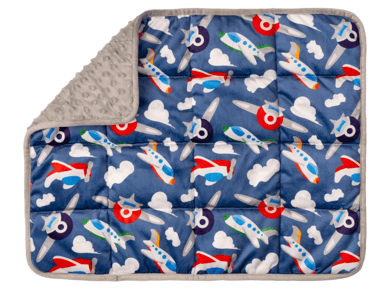
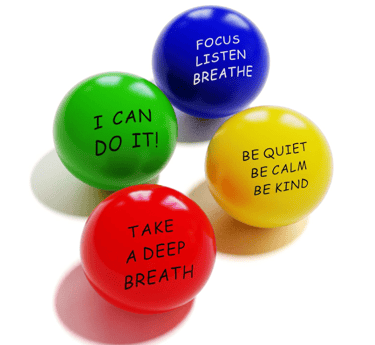
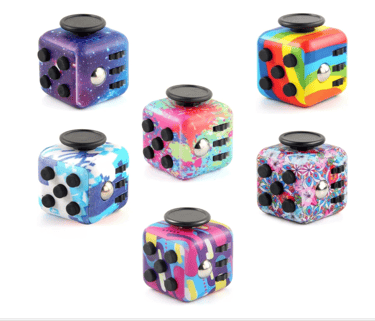
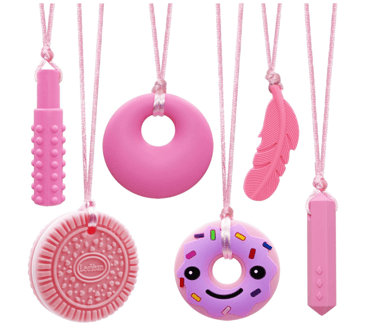
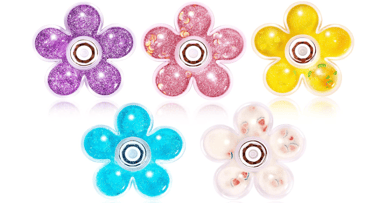





https://amzn.to/4mrsHTI weighted blanket
https://amzn.to/4ptD0cD fidget boxes
https://amzn.to/4mqXCzD fidget spinners flower
https://amzn.to/47Qmz3N stress balls with motivational quotes
https://amzn.to/46wROP3 chewable jewelry
